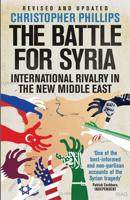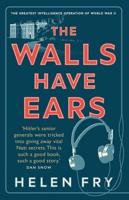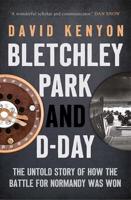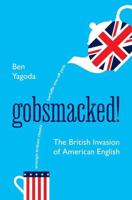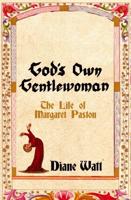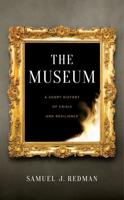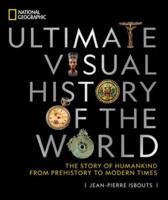Publisher's Synopsis
This monograph suggests that theories of warfare and descriptions of the evolving character of war cannot be complete without first giving credit to the nature of war itself. Looking at varied portrayals of war from literary, academic, military, and civilian strategist perspectives, this monograph offers a redefinition of "war" as an investment in organized violence by parties interested in the extension, maintenance, or appearance of their power over an unspecified time, with an unknowable risk, for an uncertain reward. In drawing an analogy to painting, it suggests that "choice" is the underlying axiomatic theme of war, and it that is replayed and adapted at every scale of warfare like a classical fugue. From there, this monograph pierces the interior of Clausewitz's "trinity" description of war, and proposes that there are still more universal ways to describe conflict's breadth, depth, and context. This argument concludes that war is better understood when it is described as a "clash of the trinities." An ecology of war is proposed, in which fundamental components comprising fuel, biology, and interactions constitute a network or system undergoing entropy. It is this sense of entropy-a tendency toward social and political discontinuity and disorder-that chiefly describes war in all its varied guises and explains the political, social, and military efforts to avoid them, corral them, plan them, or fight them.

